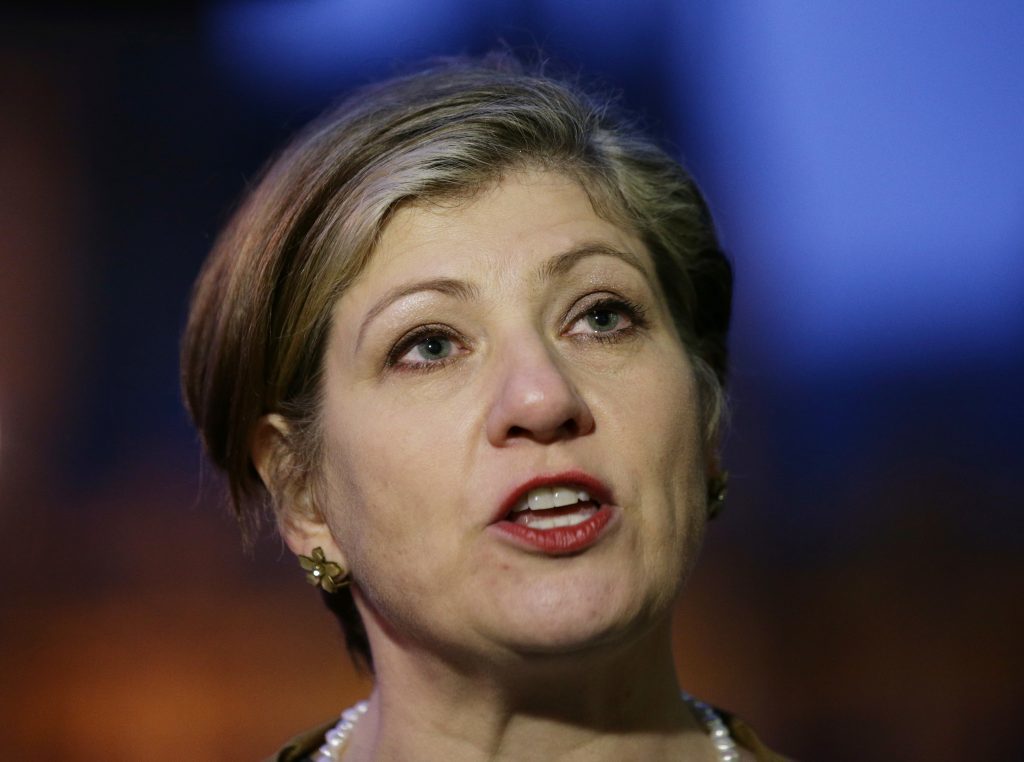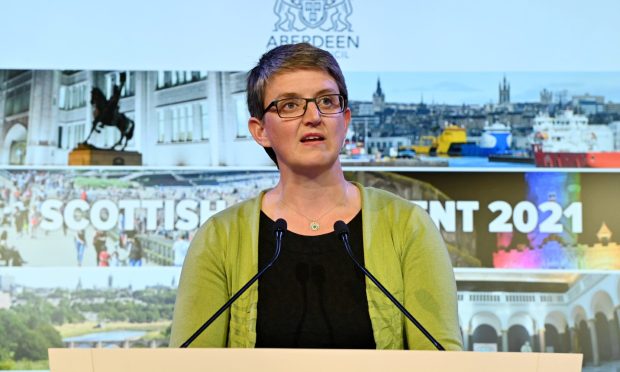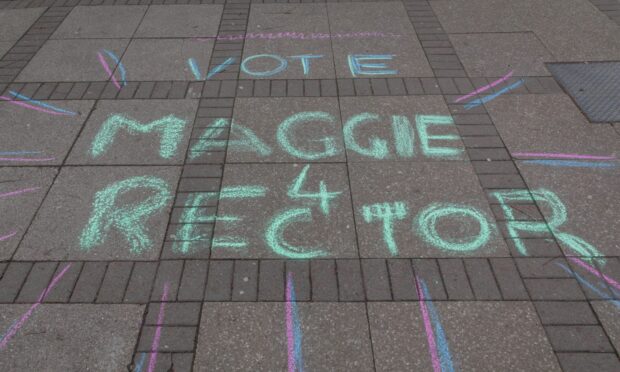The Government has failed to answer major questions about the replacement of the Trident nuclear deterrent and there has been a “disturbing silence” about the UK’s commitment to multilateral disarmament, Emily Thornberry has said.
The shadow defence secretary, who is leading a review of Labour’s policy on the issue, questioned the cost and effectiveness of the planned replacement for the submarines carrying the Trident missiles and said people on “the other side” of the debate had to make the case for renewal.
Labour leader Jeremy Corbyn backs unilateral disarmament and Ms Thornberry has said she is sceptical about Trident, but many of the party’s MPs and the trade unions support the renewal programme.
In a speech to defence think tank the Royal United Services Institute, Ms Thornberry posed a series of questions for “the Government and those on the other side of this debate” to answer.
She said: “What is the current operational requirement? What uses will it have, and what challenges might it face, in the future operational environment? What is the total cost of bringing it into operation? Are there more cost-effective alternatives?
“And, always most important, do the benefits outweigh the costs?
“To my mind, none of these questions have been fully answered. And if not, how can we determine whether the case has been made?”
She said the costs of manufacturing the boats to replace the ageing Vanguard fleet had been put at £41 billion but there was “only silence” on the expense of the warheads, maintenance and infrastructure.
Ms Thornberry also claimed ministers had “deserted” their duty to the cause of multilateral disarmament.
In a speech highlighting commitments to multilateral disarmament from key figures in Labour history including Harold Wilson and Aneurin Bevan, she said: “While there are many other equally difficult problems also now facing mankind, like climate change, terrorism, global poverty and the state of the world economy, huge attention is being paid to each of those while almost none is being paid to the issue of disarmament.”
She argued that as an original signatory to the non-proliferation treaty, the UK had a “particular obligation” to respect it and ensure that others do the same.
“But under this government, that duty has been deserted. That is why we hear the growing frustration of the majority of the world’s countries with the inertia on nuclear disarmament from countries like our own.”











